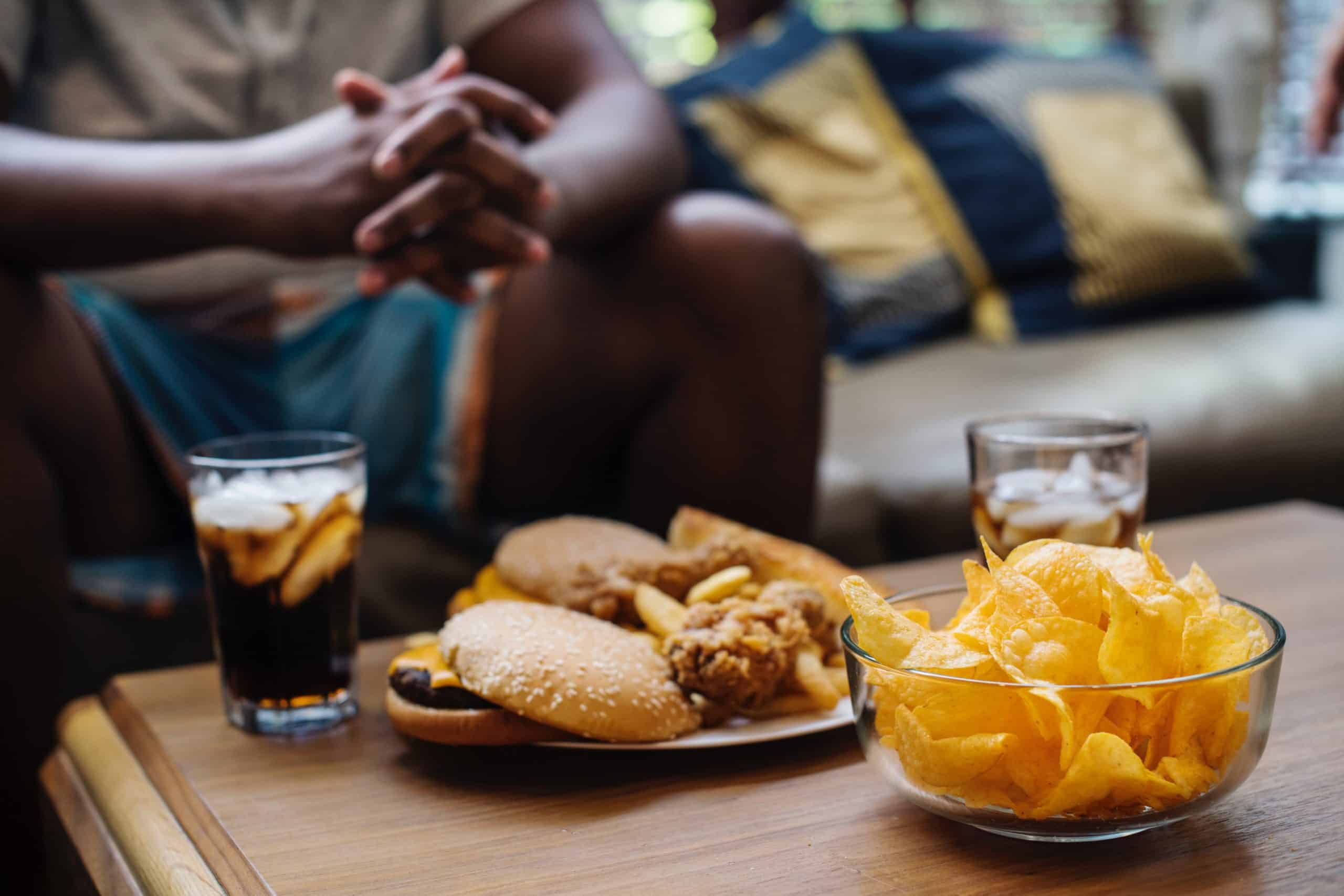Author: Katie Horrell, MS, RDN, CPT
Chances are you’ve heard the term “cheat day” thrown around. Although “cheat days” and “cheat meals” are made up terms, there seems to be a common understanding of what it means. Eat “good foods” throughout the week and have one day or meal where you go all out and eat the “bad foods” you’ve been depriving yourself of.
The big question is, does saving up your treats for one day or meal help? Let’s look at some facts about cheat days/meals, how they can impact your eating style, and healthier alternatives to help you with your long-term goals!
The problem with cheat meals/cheat days
1. Putting “treat” foods on a pedestal makes them more desirable
The natural inclination when desiring to lose weight is to restrict. While losing weight requires a calorie deficit, the more we deprive ourselves of the foods we love, the worse off we can be in our weight loss journey! The more we emphasize that a certain food is off limits, the more difficult that food is to resist — it’s psychology. Allowing yourself any and all foods actually lowers our risk of overdoing it on “treat foods”, because we’re telling our bodies we can enjoy them any time.
2. The idea of “cheat” foods adds shame to your food choices
When we experience shame related to cheat meals, or overeating certain foods, it often leads to a vicious cycle of restricting our food intake then overdoing it on the foods we restrict.
Restrict → Break in “self-control” → Overeat → Ruminate, feel shame, guilt, etc. → Restrict again
Here’s what to try instead of cheat meals/cheat days
If you’re not sure how to break that never ending loop, we’re here to help. Try out this new cycle to help transform your relationship with food.
1. Break the cycle
To break the guilt cycle:
Allow all foods → Enjoy the food you crave → Accept (without judgement) that all foods can be a part of a balanced diet → Don’t ruminate about it → Move on with life!
We recognize that this is easier said than done, especially if you have a history with eliminating certain foods from your diet altogether. But, it’s possible!
2. Listen to those cues you were born with
Our bodies have an innate intuition to help guide and regulate our food intake. If you’d like to learn more about how to listen to your hunger and fullness cues, check out these articles:
3. Stop labeling foods “good” or “bad”
Include all foods in moderation! Food isn’t inherently “good” or “bad”, it’s all in how we consume it. If you want to learn more about how to ditch the negative food labeling habit, check out this article to build a healthier vocabulary with food!
Need help ditching the diet mentality? Start your Noom trial today!
Why you can trust us
At Noom, we’re committed to providing health information that’s grounded in reliable science and expert review. Our content is created with the support of qualified professionals and based on well-established research from trusted medical and scientific organizations. Learn more about the experts behind our content on our Health Expert Team page.



 Meaghan Cameron
Meaghan Cameron
 Noom Team
Noom Team

 Shoshana Fishbein
Shoshana Fishbein
 Melissa Kay
Melissa Kay
